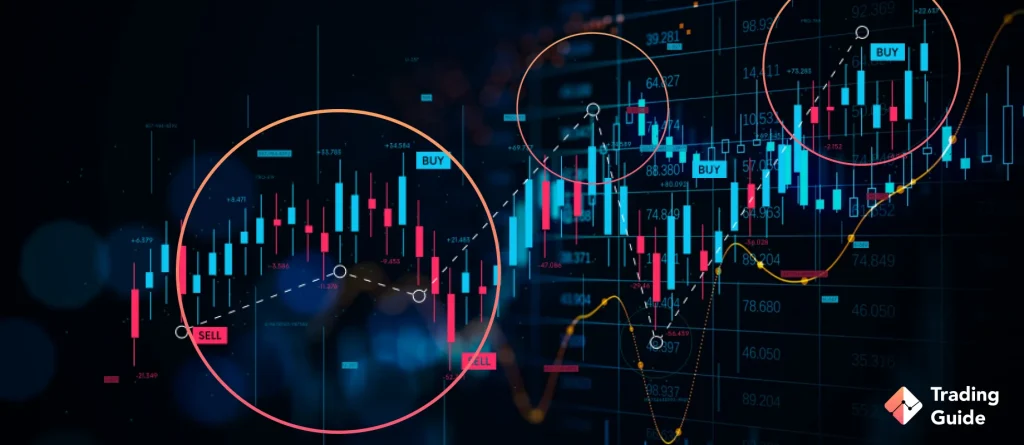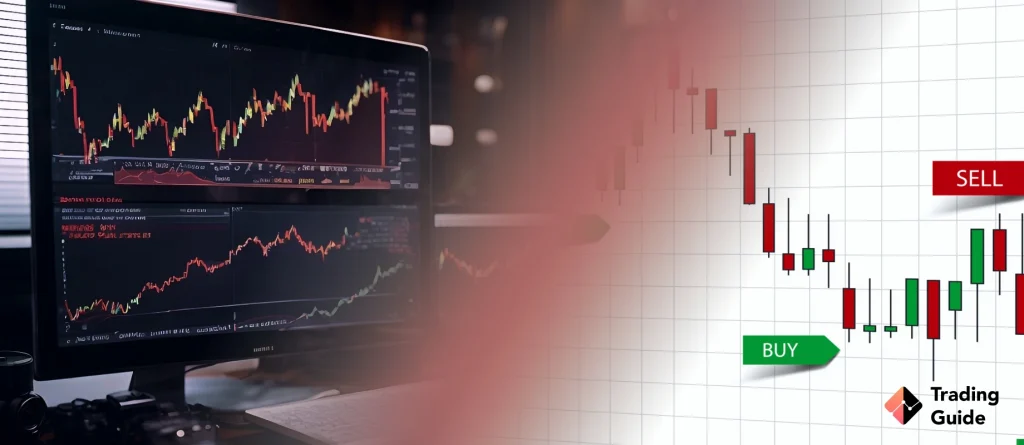Forex trading can feel like navigating an unfamiliar terrain. Rapid price shifts, global headlines influencing markets, and a flood of technical jargon can easily overwhelm UK beginners. Forex signals aim to simplify this landscape. These trade alerts provide suggested entry and exit points, enabling traders to respond to opportunities with greater structure and less guesswork. But they’re not perfect, and knowing how to use them is as vital as the signal.
This article explains what forex signals are, how they function, and what to look for when choosing a provider in the UK market.
What are Forex Signals?

Forex signals are trade ideas that suggest when to buy or sell a currency pair, usually at a specific price and time. Alongside the basic alert, most signals also include key details such as entry and exit levels, stop-loss limits, and take-profit targets. Some even explain the reasoning behind the trade, whether it’s based on chart patterns, economic news, or a combination of both.
These signals are designed to highlight trading opportunities that could otherwise go unnoticed, especially in fast-moving markets.
Forex signals are tools, not guarantees. Relying on them without understanding the broader market context can lead to losses. The currency markets are fast-moving and unpredictable. Even the best signals won’t always get it right. Use them to support your decisions, not to replace careful thinking.
How Do Forex Signals Work?

Forex signals are usually delivered in real time through platforms like Telegram, Whatsapp, email, trading apps, or broker dashboards. When a signal arrives, it includes the suggested trade details, such as the currency pair, entry point, stop-loss, and take-profit levels.
You can act on the signal manually by placing the trade yourself. Alternatively, if you’re using automated trading software, the signal may trigger the trade automatically. These services generally fall into two types:
- Manual signals, where you decide whether and when to act
- Automated signals, where trades are executed for you based on the signal
Some providers also include charts or short analysis notes to explain why the trade was recommended. This added context can help you learn how the signal was formed, not just follow it blindly.
How to Choose a Reliable Forex Signal Provider in the UK
The quality of forex signal providers varies widely. Some deliver well-researched insights. Others rely on bold claims and slick marketing with little substance behind them.
When assessing a provider, here are the key things to look for:
Do they share verified results or at least provide a clear record of past performance? Consistency matters more than occasional wins.
While no provider wins every time, a success rate around 70–80% is generally considered strong if backed by evidence.
Signals need to arrive on time. Delays, even by minutes, can make the difference between profit and loss.
Some services send a few carefully selected trades per week. Others offer multiple alerts per day. Choose one that matches your capacity to act on them.
Free services might suit casual users, but quality signals often come at a cost. Make sure the subscription is reasonable compared to potential returns.
Check independent reviews on sites like Trustpilot or on app stores. Look out for complaints about hidden fees or poor customer support.
To help you get started, we’ve put together a list of the best signal providers in the UK trusted by UK-based traders.
Types of Forex Signals
Forex signals differ in how they’re created and what they focus on. While some rely purely on charts, others follow global news or mix both methods. Most signals fall into one of three categories:
1. Technical Signals
These are based on chart patterns, price movements, and indicators. They often include:
- RSI or MACD signals
- Support and resistance levels
- Moving average crossovers
Traders who prefer a data-driven approach tend to favour technical signals, as they’re built on repeatable patterns.
2. Fundamental Signals
These are based on news events and broader economic trends. They often respond to:
- Central bank decisions
- Inflation or jobs data
- Political events and global tensions
Fundamental signals are more common around high-impact news and are often used by traders who follow economic cycles.
3. Hybrid Signals
These combine both technical analysis and economic factors to offer a fuller picture. Hybrid signals can be especially helpful for newer traders in the UK, as they balance chart-based insights with real-world context.
FAQs
Forex signals are only worth it if you purchase them with the intention of using them to make money, and their cost is considerably lower than the average returns generated by following them.
You can get free forex signals from the providers we mentioned earlier and from many other sources on the internet.
You can learn to trade signals from an expert trader who is making money trading forex.
The best forex signal provider in the UK is AvaTrade. However, if you want to use other providers, be sure to check out their performance records to know how profitable their signals are before making any sort of commitment. Check their reviews and ratings on Trustpilot, Google Play, and the App Store.
Conclusion
Forex signals can help simplify trading decisions, especially for beginners still building confidence in the markets. Whether delivered via apps, email, or messaging platforms, they aim to highlight potential trade opportunities with clear entry and exit points.
Used wisely, signals can support better timing and more structured trades. But they’re not a shortcut to guaranteed profits. It’s essential to choose a provider with a solid reputation, clear performance data, and realistic expectations.



I've tried using forex signals a few times and honestly they can be really helpful when you're starting out or don't have time to analyze charts all day - getting those quick "BUY GBP/USD @ 1.3820" alerts saved me hours of research. The tricky part is finding reliable providers since there are so many scams out there, and even the good ones are wrong sometimes, so you definitely can't just blindly follow every signal without understanding the market yourself.